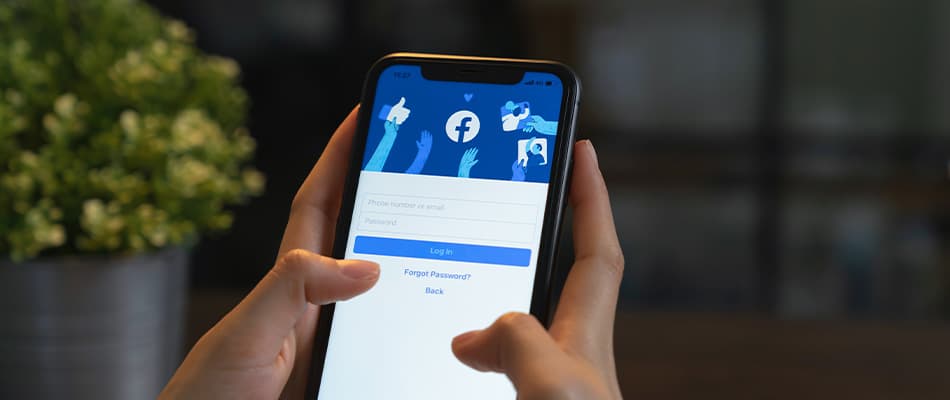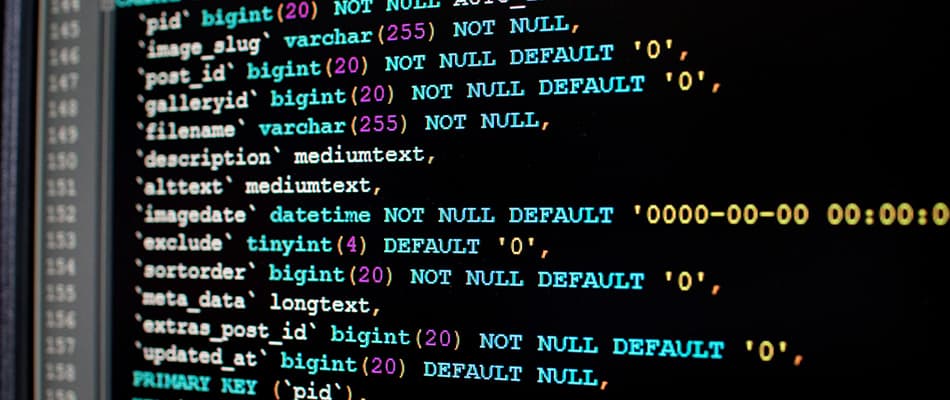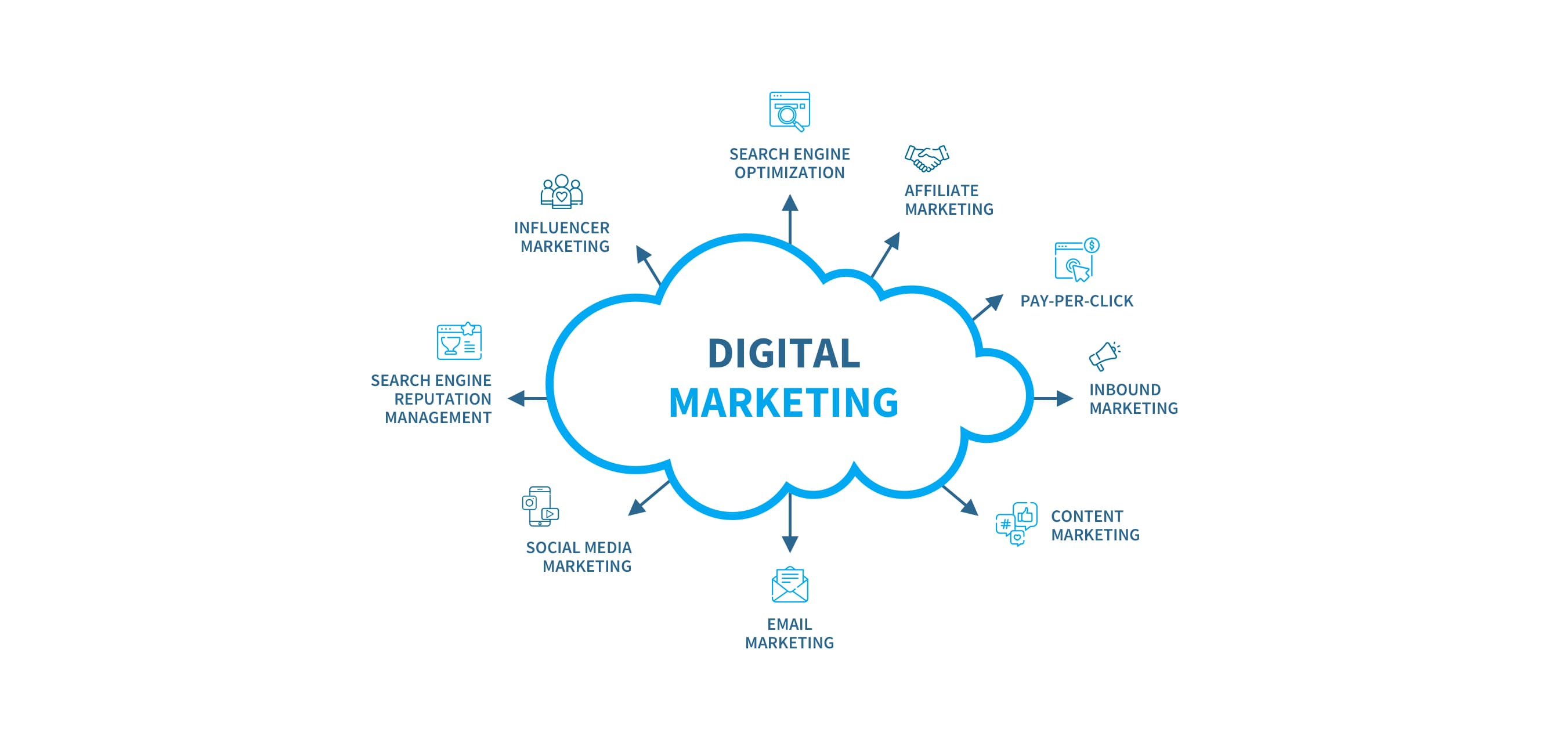What is PPC in Digital Marketing? Understanding its Benefits, Types, and Functions!
Digital marketing is the use of online platforms and technologies to promote and advertise products or services. As businesses increasingly rely on online channels to connect with their target audience, digital marketing has experienced rapid growth. With the expanding reach of the internet, companies are adopting diverse strategies to enhance their visibility and drive business growth. One such approach is Pay-Per-Click (PPC) advertising.
PPC allows businesses to advertise on search engines, social media, and other digital spaces. In this model, advertisers pay a fee each time their ad is clicked. PPC is an effective way to increase website traffic, boost brand awareness, and drive conversions. It also helps companies target specific audiences based on their interests and location.
Read the article to know what is PPC in digital marketing in detail, its different types and functions, etc.
What is PPC in Digital Marketing?
PPC, or Pay-Per-Click, is a digital advertising model in which advertisers pay a fee each time their ad is clicked. It is a way to buy visits to your website rather than earn them organically. PPC ads are commonly displayed on search engines, social media platforms, and websites.
Google Ads is one of the most popular PPC platforms. Advertisers bid on keywords, and their ads appear when users search for related terms. PPC helps businesses target specific audiences based on location, demographics, and interests.
Business stakeholders can use this advertising model to increase traffic, generate leads, and boost sales. A well-managed PPC campaign can offer a strong return on investment (ROI).
Get insights into PPC specialist salary in South Africa here
Types of PPC Ads
Once you know what is PPC in digital marketing, you can easily understand its different types. PPC ads are a popular way to promote businesses online. They target specific audiences on various platforms. Each type of PPC ad is designed for different marketing goals.
- Search Ads: When users search for specific keywords, these ads appear at the top of search engine results. They are ideal for reaching users actively looking for a product or service.
- Display Ads: Display ads are visual banners that appear on websites or apps. They target users based on their browsing behaviour and help build brand awareness, and reach a broader audience.
- Shopping Ads: These ads highlight products with images, prices, and details, often displayed on search engine results. They are particularly effective for e-commerce businesses aiming to drive product sales.
- Social Media Ads: Platforms like Facebook, Instagram, and LinkedIn allow businesses to run targeted PPC ads. These ads can engage users based on their interests, demographics and many other factors.
How Does PPC Work?
Now that we have understood what is PPC in digital marketing, let us know how it works. PPC works through a bidding system for ad placement. Advertisers pay when users click on their ads. It helps drive targeted traffic to websites. Below is a detailed explanation of how PPC functions:
- Keyword Bidding: Advertisers select keywords that align with their target audience’s search intent. A bidding system decides the placement of ads based on competition and bid value.
- Ad Auction: Placement depends on factors like bid amount, ad quality, and relevance to the user’s query. Higher quality scores lead to better placement and lower costs.
- Payment Structure: Advertisers pay only when a user clicks on their ad, making it a cost-effective model. This ensures payment is tied directly to user engagement.
- Platforms: Google Ads, Microsoft Ads, and social media platforms like Facebook and Instagram are widely used. These platforms offer tools for targeting and managing campaigns.
Read our article on the pros and cons of a digital marketing career here
Benefits of PPC in Digital Marketing
After understanding what is PPC in digital marketing, you must know its several benefits. This will help you make informed decisions to maximise your online advertising results. PPC advertising provides quick results by delivering immediate visibility to your business.
It allows precise targeting based on factors like location, demographics, and interests. Additionally, PPC helps businesses control their budgets, track performance, and drive more conversions. Below are the benefits of PPC in digital marketing:
- Immediate Results: Your PPC ads start showing as soon as your campaign goes live. This will help to quickly bring traffic to your website.
- Targeted Reach: You can target specific audiences based on factors like location, age, or interests. This ensures your ads reach the right people.
- Cost Efficiency: You decide how much to spend by setting your budget and bid limits. This makes it easy to control costs.
- Measurable ROI: Tools like Google Ads show clear metrics like clicks and conversions. This helps you understand how well your ads are performing.
- Brand Visibility: Even if users don’t click, your ads still increase brand awareness by repeatedly exposing your brand to a wide audience. This boosts recognition among potential customers.
PPC vs Organic Marketing
Apart from PPC, another core strategy used to attract and engage online audiences is organic marketing. PPC involves paying for advertisements that appear on search engines or social media platforms, targeting specific audiences through paid campaigns. Organic marketing, on the other hand, focuses on building a natural presence by optimising content and websites for search engines or using free social media content to grow visibility over time. Understanding the differences between PPC and organic marketing helps you make better decisions and use the right strategy to achieve your goals. This knowledge also helps optimise your budget and efforts. Let us look at the table below to know the difference between PPC and organic marketing:
|
PPC |
Organic Marketing |
|
PPC requires payment for each click or impression. |
Organic marketing is free but requires time and effort to create quality content. |
|
PPC delivers immediate results as ads go live instantly. |
Organic marketing takes time to build traffic through SEO and content strategies. |
|
PPC stops driving traffic once the budget runs out. |
Organic marketing continues to generate traffic long after content is created. |
|
PPC allows precise targeting based on demographics, location, and interests. |
Organic marketing relies on broader audience reach through search engine algorithms. |
|
PPC offers complete control over targeting, timing, and placement. |
Organic marketing relies on search engine algorithms and user engagement. |
Common PPC Metrics
After understanding what is PPC in digital marketing, you can grasp the PPC metrics easily. Common PPC metrics help measure ad performance effectively. They show how well your campaign is reaching its goals. Understanding these metrics improves your marketing strategies. Let us know the common PPC metrics below:
Click-Through Rate (CTR):
- This is the percentage of people who click your ad after seeing it.
- A higher CTR means your ad is relevant and engaging to the audience.
Cost-Per-Click (CPC):
- This is the amount you pay each time someone clicks on your ad.
- Lower CPC helps you get more traffic for less money.
Quality Score:
- This measures how relevant and useful your ad is to users.
- A better score can lower costs and improve ad rankings.
Conversion Rate:
- This is the percentage of clicks that lead to actions like purchases or sign-ups.
- A higher rate shows your ad is effectively reaching the right audience.
Why Learn Digital Marketing at Digital Regenesys?
To learn digital marketing, you need to enrol in a course that covers every aspect of the field, from foundational principles to advanced strategies. Digital Regenesys offers a Digital Marketing With Gen AI Course to equip you with cutting-edge skills, including AI-powered marketing techniques. This course will help you improve your ability to create personalised, data-driven campaigns that increase customer engagement and drive business growth. Let us look at some more reasons to consider Digital Regenesys’s digital marketing course below:
- Gain skills in using generative AI for creative and strategic marketing.
- Learn from live sessions led by experienced instructors.
- Improve job prospects with in-demand digital marketing skills.
- Work on real-world projects for practical, hands-on experience.
- Learn advanced tools like ChatGPT, Canva, and SEMrush.
- Study online from anywhere with flexible access.
- Cover essential topics like SEO, social media, and AI-driven strategies.
- Learn how to effectively engage and convert your audience.
- Receive a globally recognised certificate to improve your profile.
In conclusion, understanding how PPC works can significantly improve your advertising strategies by delivering quick and targeted results. Learning what is PPC in digital marketing equips you with the skills to create impactful campaigns that boost conversions and drive traffic. Digital Regenesys’s Digital Marketing with Gen AI course offers expert guidance, practical tools, and a globally recognised certification to help you excel in the field. Take the first step towards mastering digital marketing- enrol in the course today!
FAQs on What is PPC in Digital Marketing?
What is PPC in digital marketing?
PPC (Pay-Per-Click) is a digital advertising model where advertisers pay a fee each time their ad is clicked.
How does PPC help small businesses?
PPC helps small businesses by providing affordable advertising options to target specific audiences and drive quick results.
What are the different types of PPC ads?
The main types of PPC ads include search ads, display ads, shopping ads, and social media ads.
What are the benefits of PPC in digital marketing?
PPC offers immediate results, precise targeting, cost control, measurable ROI, and better brand visibility.
What is the difference between PPC and organic marketing?
PPC offers immediate results and control over targeting, while organic marketing takes time to build traffic through SEO and content.
What is the importance of PPC in digital marketing?
The importance of PPC in digital marketing lies in its ability to drive targeted traffic, increase brand visibility, and deliver measurable results quickly.









